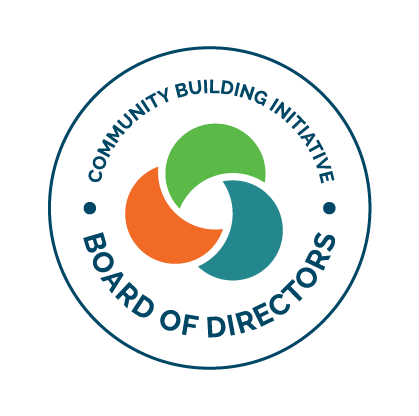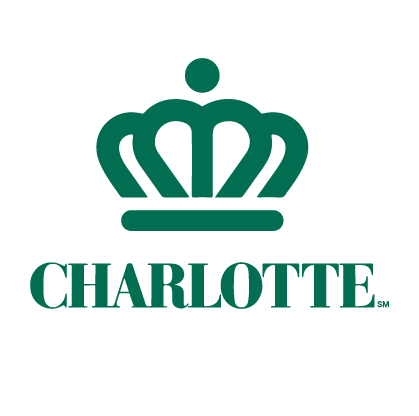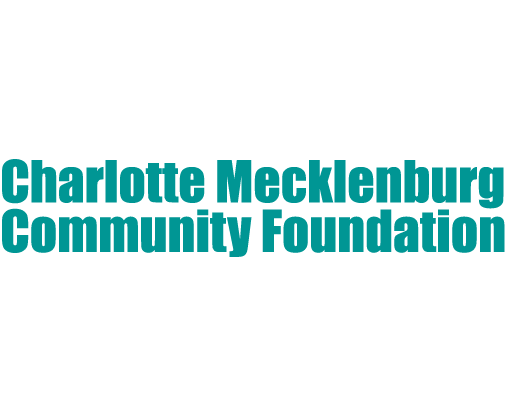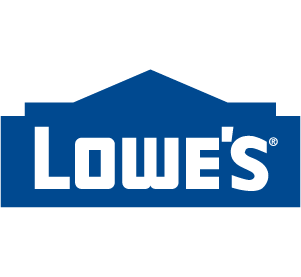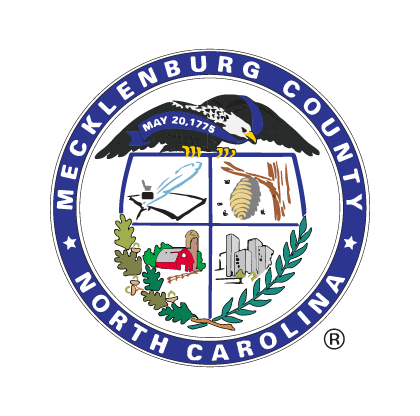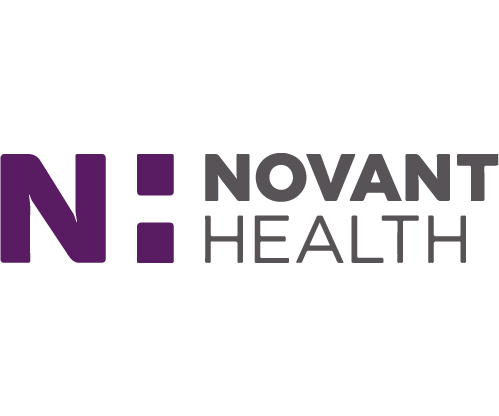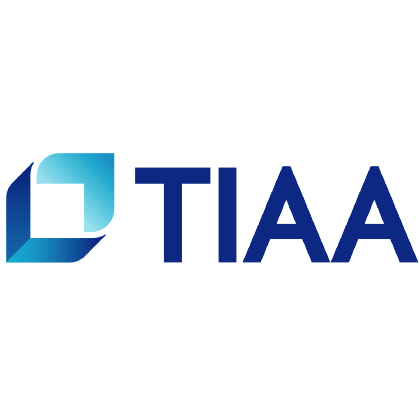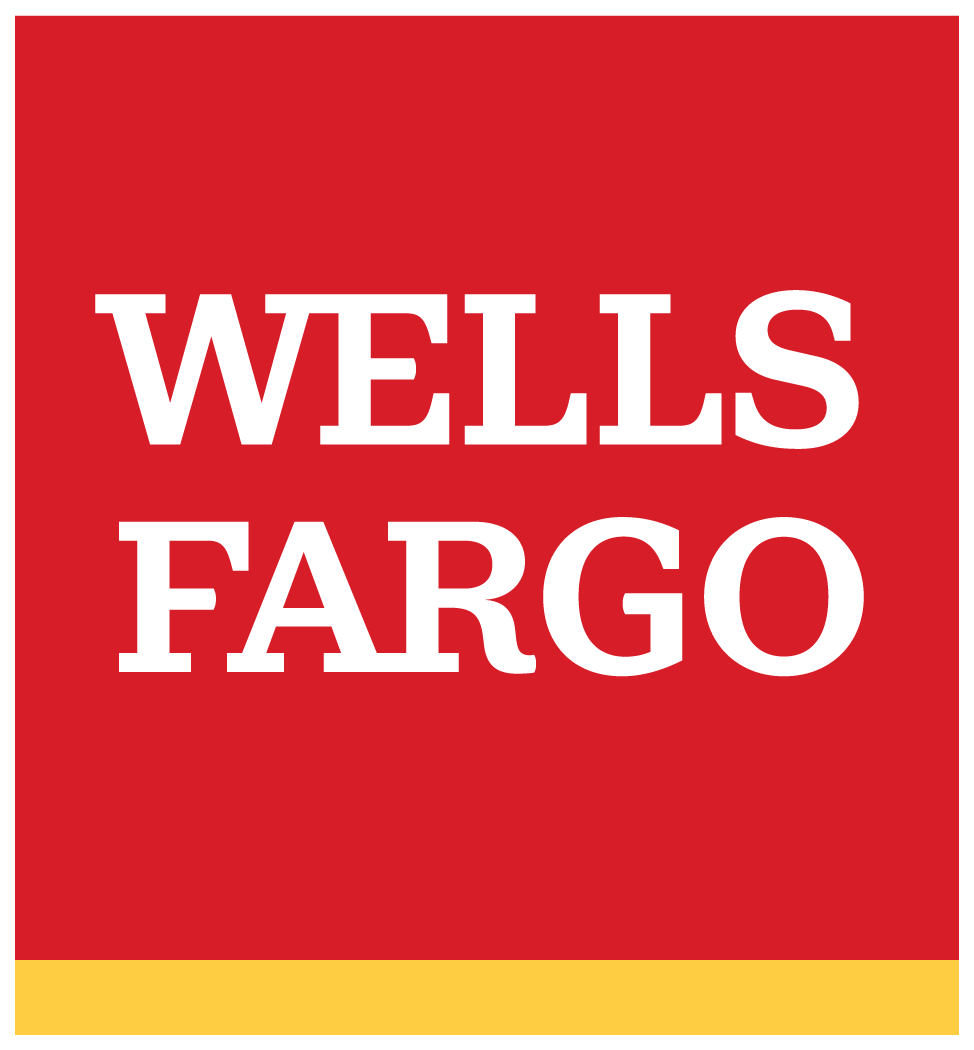Sponsor Spotlight: Foundation For The Carolinas

In our Sponsor Spotlight series, CBI highlights our relationships with our sponsors, and the work they are doing to build a more equitable and just community within their own spheres of influence. Today’s Sponsor Spotlight focuses on Foundation For The Carolinas.
As Charlotte’s community foundation, Foundation For The Carolinas has worked for equity and inclusion since long before those terms were as commonplace as they are today. The Foundation’s work in this area has expanded and evolved over the years, and like their deep commitment to it and our community, their support of CBI has been a constant.
“The Foundation has tried to lift up the issues of equity and inclusion throughout its history, but over the last 20 years or so it has been much more intentional about that work, including our partnership with CBI,” said Executive Vice President Brian Collier. “In the mid-2000s, along with CBI and others, we helped start Crossroads Charlotte, a major civic engagement initiative and one of our first attempts at a community-wide diversity and inclusion effort.”
According to Collier, lessons learned from Crossroads Charlotte helped inform later work, including the Charlotte-Mecklenburg Opportunity Task Force and Leading on Opportunity. “What Crossroads Charlotte did well was, as a community effort, it galvanized leaders across corporations and nonprofit organizations to focus on the issues of access, equity and inclusion. What it lacked, however, was a definitive, ‘Why does this matter?’. At the time, we said it mattered primarily because it makes us a stronger community if we understand one another … but we didn’t explicitly state that networks and relationships matter because they are critical to economic mobility. Having networks that extend beyond your smaller community are important for our children and for our community to grow. That realization and understanding really infused the work we did with the Opportunity Task Force.”
While still investing in outward-facing efforts of community building, Foundation For The Carolinas has also taken steps to examine opportunities for greater equity and inclusion within their own organization. “It began with listening to our staff and responding to what they wanted to talk about. It really opened up a dialogue not only about where our grants go, but also on our hiring practices and HR policies, and how they impact the people we attract and retain. We also started thinking about things like who are our vendors? How are we spending the operational dollars of the Foundation to buy goods and services? Who are the people that we work with from donors to professional advisors?”
Collier shared a recent creative initiative that he was particularly proud of: “We gave each of our staff members a grant allotment that they could use to make a donation to a charitable organization of their choice – either in the community or nationally – that was working in the area of racial justice and racial equity.” Beyond the financial impact on those receiving donations, FFTC learned from the experience as well, “finding organizations we didn’t know about, either small organizations or national organizations (that we weren’t previously connected to).”
As an LDI alumnus, Collier has his own personal connection to CBI. Initially, he was unsure about participating in LDI. “I went into it thinking one thing about the world. But every now and then you have to remember that you actually know very little about the world, the stories of others and about the way other people think, and you have to continuously challenge your own beliefs. My experience and participation in LDI was fantastic, as I got to know people in a very different way… and with dynamics that you don’t see happen out in the real world very often.”
When it comes to contributing to a more equitable and just Charlotte-Mecklenburg, Collier sees a multifaceted role for Foundation For the Carolinas: “I think it starts within the organization itself. If you’re not committed to doing that work, all of your other investments are probably going to be less effective and less impactful, and you might make investments that don’t really reflect what the community needs. The second area is external: what we are doing to help instigate and support change in the community through our grants program, our sponsorships, and our participation in programs such as LDI. Then I think the third bucket of work is seeing what the community itself is doing that we need to lift up, identify, and not lead, perhaps not even invest in necessarily, but to be supportive of … I also believe it is critical in our economic opportunity work and other initiatives that we ask: Where can we work on policy changes that help the entire community? How do we identify systemic racism, systemic problems, and work to overcome those, so that kids who are born today have a much more equitable shot at achieving their dreams?”

Contact Us
704.943.9763
601 East Fifth Street
Suite 460
Charlotte, NC 28202
© Copyright 2020 Community Building Initiative



